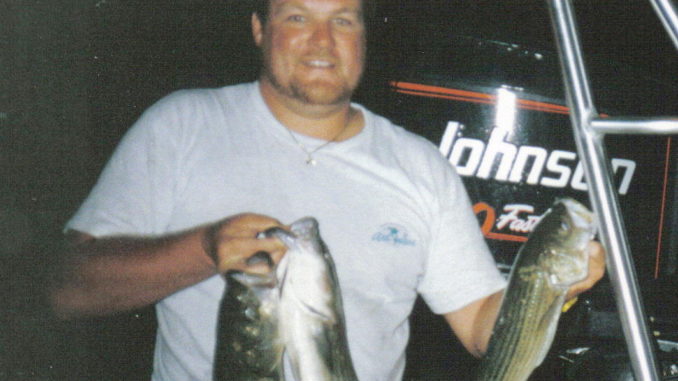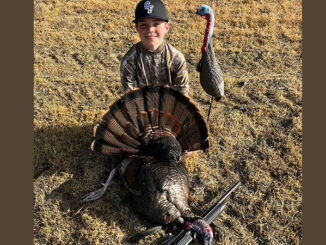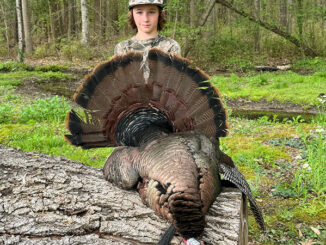
RALEIGH, N.C. – The N.C. Wildlife Resources Commission and the Division of Marine Fisheries want anglers to know they can still use river herring (alewife and blueback herring) for bait as long as those herring are not taken from coastal rivers and sounds.
Anglers fishing for striped bass in the Albemarle Sound, Roanoke River, their tributaries and other coastal rivers traditionally use cut herring as bait. Many anglers question if this practice will continue in light of the recent restrictions on the harvest of river herring enacted by the two agencies to protect dwindling fish stocks.
In order to use herring as bait, recreational fishermen must have in their possession a dated receipt, including the name of the retail store. The receipt allows enforcement officers to verify the herring came from a legal source.
The Division of Marine Fisheries recently enacted a moratorium on the harvest and sale of river herring taken from joint and coastal fishing waters while Wildlife Resources Commission regulations prohibit the take or possession of river herring greater than 6 inches in length from the inland fishing waters of coastal rivers and their tributaries up to the first impoundment dam of the main course on the rivers.
First impoundment dams are Roanoke Rapids Dam on the Roanoke River, Rocky Mount Mill Dam on the Tar River, Milburnie Dam on the Neuse River, Buckhorn Dam on the Cape Fear River, Lake Waccamaw Dam on the Waccamaw River and Blewett Falls Dam on the Pee Dee River.
Allowing anglers to use herring less than 6 inches in length for bait in inland waters lets anglers continue to fish with herring taken from inland reservoirs. On the Roanoke River, inland waters begin at the US 258 bridge near Scotland Neck. Stunted herring populations in reservoirs are not considered to make significant contributions to coastal migratory stocks.
Fisheries managers expect these harvest restrictions will protect the remaining river herring stocks and allow the populations to rebuild.
For more information, please contact the Wildlife Resources Commission, Division of Inland Fisheries, at (919)707-0220 and the Division of Marine Fisheries at (252) 726-7021 or (800) 682-2632.



Be the first to comment